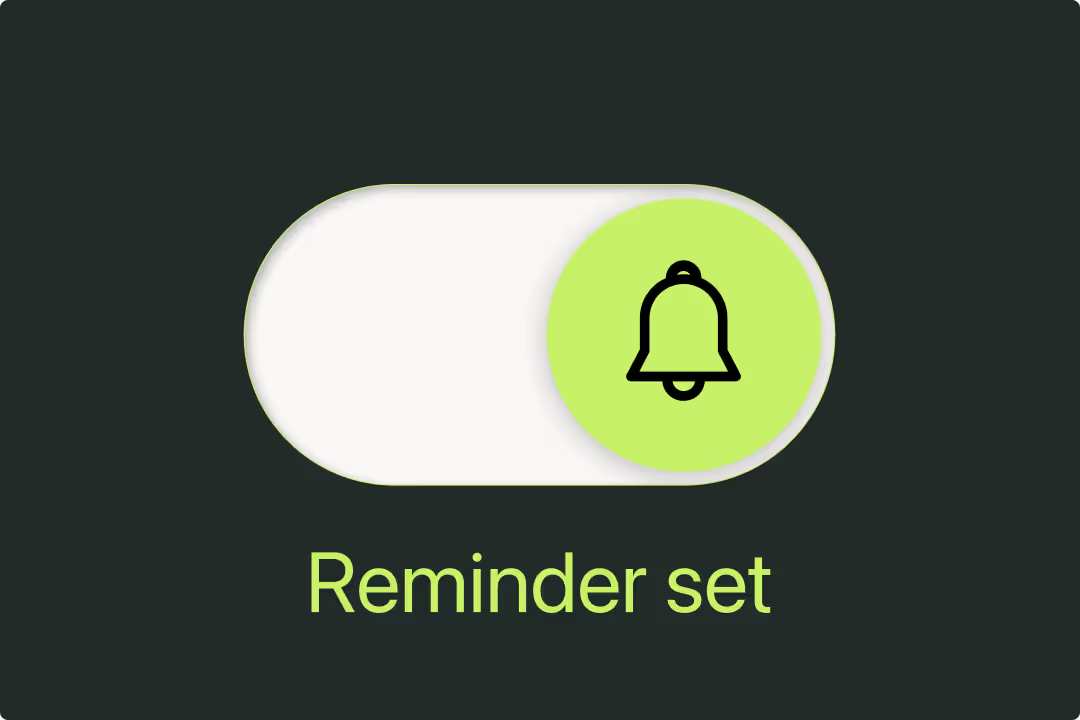Solutions
Customer Support
Resources
A contract expiration date marks the end of a contract’s duration. It is the final day that a contract is in effect. Once the contract expiration date has passed, the contract is no longer effective and the contractual obligations end.
Contract expiration dates are used in with fixed-term contracts where the legal relationship ends on a specific date. The expiration date makes it clear to all parties when their responsibilities and involvement in the contract draw to a close.
Contract expiration dates are usually found at the beginning of the contract, or in the section labellled ‘term and termination’. This is where the contract’s commencement date and expiration date is usually outlined.

Not all contracts will have an expiration date, though. Some contracts, like employment contracts, will continue indefinitely. In this instance, the contract only ends when an employment termination agreement comes into place.
It’s also possible that a contract will be discharged through performance, rather than having a contract expiration date. For example, if you enter into an agreement with a freelancer for a particular project, the contract will end when the contract has been performed, not when a certain date passes.
When a contract expires, the terms within it are no longer enforceable and the contract becomes void. This means that the parties are discharged from their obligations under the contract as of that date.
Part of this contract expiration process involves offboarding the parties and bringing the relationship to a close. What this looks like will vary depending on the type of contract at hand.
If a lease agreement is expiring, the resident or business occupying the property will need to move their belongings out of the property, for example. Preparing for the contract expiration deadline is crucial for maintaining positive relationships and protecting the assets involved in the contract.
What happens if you aren’t able to track and stay on top of your expiring contracts? Well, there are a few risks associated with poorly tracked contract deadlines.
One risk is that your access to a certain service is cut unexpectedly, causing bottlenecks and blockers for your business. This is a common risk when it comes to SaaS contracts, for example. If you haven’t extended your contract or got another solution in place, you could be left without the tools you need to operate.
If you’re a vendor, the risk is that you continue delivering your service to another business without receiving payment for it. Again, this is something that can easily be prevented by having visibility into your contract expiration dates.
There are also serious compliance issues associated with expired contracts. For example, you might be expected to perform certain obligations before the contract expires, like deleting confidential information, or handing certain assets or access over.
Fortunately, there's a way to make sure you never miss a contract expiration date again. You can track them, along with all other contract deadlines, with Juro's automated contract reminders.

Juro's automated contract reminders can be set for key dates in your contracts, allowing you to monitor and react to upcoming deadlines ahead of time.
{{quote1}}
With Juro, you can keep key stakeholders in the loop about these deadlines with no manual work required - perfect for lean teams with lots of contracts to manage.
To find out more about Juro's contract management functionality, fill in the form below to book your personalized demo.

Lorem ipsum dolor sit amet, consectetur adipiscing elit. Suspendisse varius enim in eros elementum tristique. Duis cursus, mi quis viverra ornare, eros dolor interdum nulla, ut commodo diam libero vitae erat. Aenean faucibus nibh et justo cursus id rutrum lorem imperdiet. Nunc ut sem vitae risus tristique posuere.

